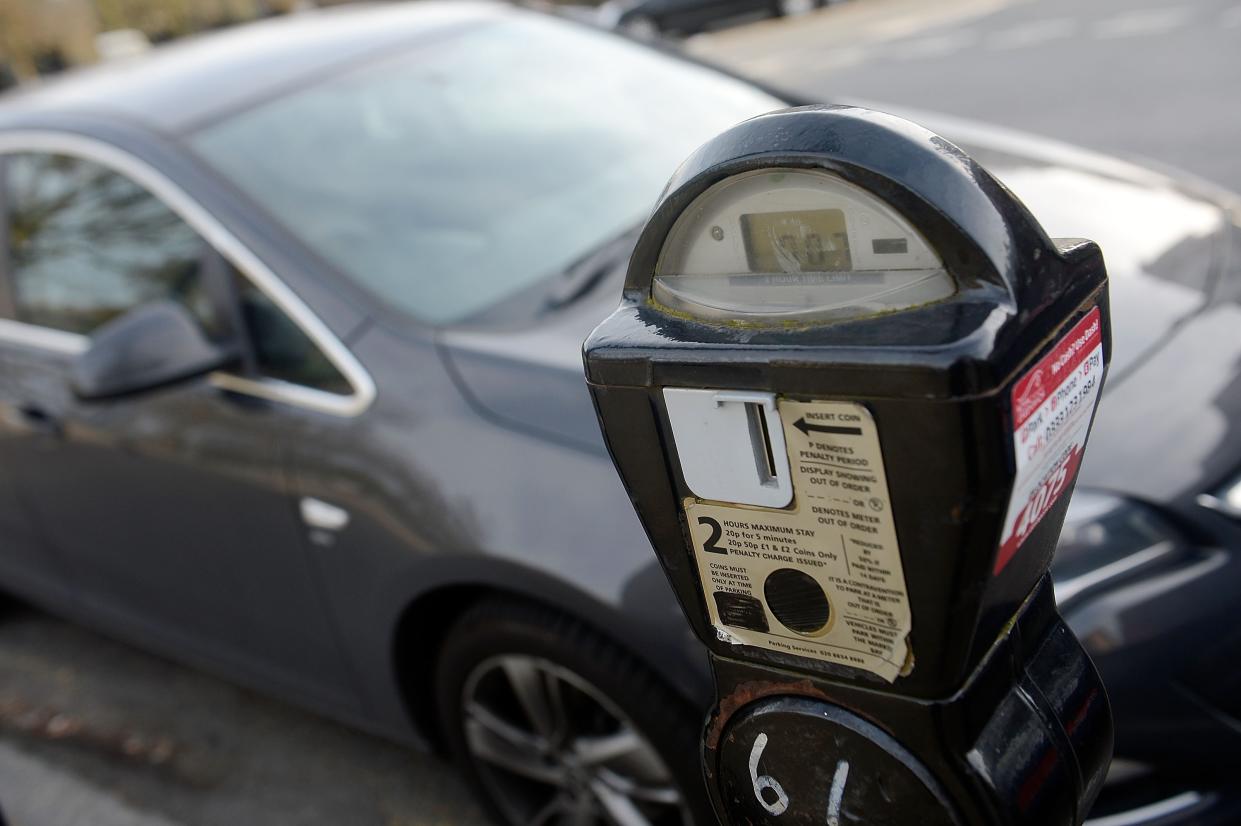 Daily Brew
Daily BrewSolar powered parking meters not prepared for long, dark Canadian winters

Once in a while a news story comes along that perfectly captures the misery of Canadian winters, especially last year’s blast, which hit every corner of the country with a frozen fury rarely seen before.
Such a story appeared in the London Free Press on Tuesday, under a headline that read simply, “You know it's a bad winter when . . .”
According to the Free Press, five of the city’s solar powered parking meters did not receive the sunlight they needed to work properly during the winter, and simply shut down.
The newspaper reported that the devices will be moved to streets near the hospital after sitting idle and powerless in municipal lots for a few days last winter.
London, Ont., is one of many Canadian cities to have embraced solar-powered parking meters in their streets. Toronto and Calgary have them, so do Montreal, Ottawa and countless others. Edmonton announced in June it was considering replacing its 3,000-plus parking meters with sun-powered alternatives (with a spokesman bashfully conceding to CBC News that they were behind the times.)
While other Canadian cities haven't made recent headlines for the meters losing power, it is an issue for them all. According to the Windsor Star, city officials considered the problem when launching their own pilot project earlier this year.
John Wolf, the city's traffic operations manager, said solar powered meters would only need a battery change once a decade.
“The solar-power meters can still do a lot of charging even when cloudy,” Wolf said at the time. “The one drawback is they might require cleaning off because with snow and ice they may not charge.”
Last winter was particularly harsh for Canada, with winter storms walloping Eastern Canada, Ontario, the Prairie Provinces and pretty much every other corner of the country.
A Maclean’s magazine article called it the “winter that ruined everything”:
North of the border, GDP fell by 0.5 per cent in December, a dip triggered almost entirely by the pre-Christmas ice storms that rocked Ontario, Quebec and Atlantic Canada. Canadian retail stores reported their biggest one-month drop in a year. And in a spat that garnered significant headlines, the country’s two main railways—CP and CN—blamed “the harshest winter in 60 years” for their inability to ship millions of tonnes of grain sitting in bins across the Prairies.
London city officials told the Free Press that they had heard from colleagues that other cities saw their own solar meters lose power over the harsh winter. And that is possible, because solar-powered meters have a history dotted with logistical challenges, albeit fewer power outages than one might suspect.
Parking meters in Richmond, Virginia, were beset by problems last year, with the city's parking manager telling NBC, "Cloud cover... you don't get the sun to the panel, so it's not recharging the battery."
Indeed, problems charging solar batteries have been noted as early as 2001, when some of the first devices were installed in England, the home of perpetual cloud cover.
The Telegraph wrote at the time:
When councillors in Nottingham ordered 215 of the sophisticated meters they congratulated themselves for being at the cutting edge of technology. But they did not reckon with the most important factor - the British weather. All the meters have had to be adjusted.
In the end, the experience in London, Ont., may be more anecdotal than indicative of a larger concern. Five meters lost power for a few of the darkest days of one of Canada's roughest winters.
Solar powered parking meters are still trusted by countless cities across North America, and by parking experts around the world.
An "emerging trends report" released last year by the International Parking Institute (and I am so happy that is a thing that exists) noted that solar-powered parking meters are part of a "green solution" movement catching hold in the parking industry.
A survey noted that 14 per cent of survey respondents felt solar panels had the "greatest potential to improve sustainability in parking". For the record, GPS systems that helped drivers find available parking was ranked highest.
If they’re good enough for the International Parking Institute, who are we to doubt?


